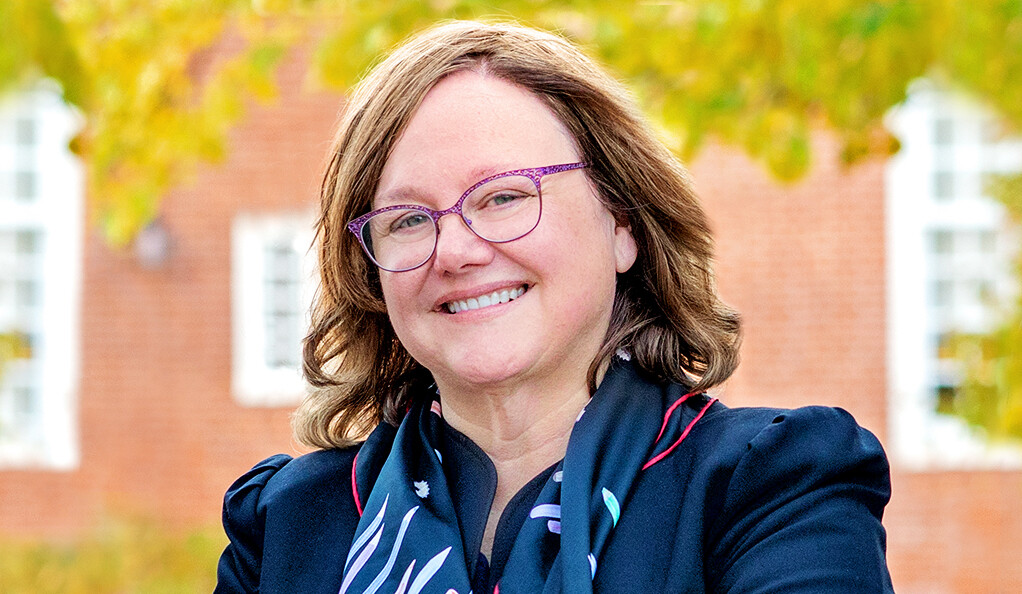
Yale News
After more than 20 years at Yale, Janet Lindner, vice president for human resources and administration, will retire in December.
University President Peter Salovey announced her leave in a community-wide email on Monday, writing that Lindner made the University a more safe and inclusive environment. During her tenure, Lindner oversaw the hiring of a new police chief, helped coordinate Yale’s tricentennial celebrations and most recently has led University changes amid the coronavirus pandemic.
“I am grateful to Janet for all that she has accomplished for Yale,” wrote Salovey. “Her knowledge of the university, appreciation for the people within our community, skill at consensus building, and ability to focus on the importance of our work — even in the most challenging of times — make her a remarkable colleague.”
Salovey added that he would soon begin a search for Lindner’s successor. He will do so in collaboration with Senior Vice President for Operations Jack Callahan.
Lindner began working for the University in 1997 and has occupied a number of positions across campus, including associate vice president for administration and public safety and deputy vice president for human resources and administration.
In 2017, Salovey asked her to assume her current post, putting her in charge of staff recruitment, diversity initiatives and employee relations. She also oversees most of Yale’s administrative operations, including the police, security operations, transportation and housing.
In the Monday email, Salovey praised Lindner’s commitment to diversify Yale’s workforce. In the past decade, Lindner has worked to more than double the proportion of University managers from historically underrepresented groups.
“She has worked tirelessly to foster an inclusive and respectful culture at Yale,” Salovey’s email reads. “She often notes that how we approach our work every day can make a lasting difference and transform our community.”
Before starting at Yale, Lindner served as New Haven’s chief administrative officer under the DeStefano administration.
Notably at the University, Lindner led the hiring efforts of a new police chief in 2010. This year, she supervised an outside assessment of Yale’s policing efforts, which, Salovey writes, is now leading to tangible action on the part of Yale.
In an announcement after a March 2020 report, administrators, including Lindner, wrote that the University’s private police force has committed to limiting police response to calls unrelated to crimes, training in de-escalation techniques, and requiring officers to stop instances of excessive force by their colleagues. But student groups, including Black Students for Disarmament at Yale, have said this is not enough to combat racism within police forces — arguing that the Yale Police Department should be abolished, not reformed.
Lindner also prioritized a variety of environmental initiatives, such as a ridesharing program and the transition of Yale’s vehicles towards more sustainable fuel.
“I will long remember both her serious commitment to sustainability as well as her more lighthearted effort to include the beloved image of Handsome Dan on each shuttle,” Salovey wrote.
Lindner has been appointed to a variety of leadership positions for both her work at Yale and the city at large. She is the executive sponsor of the Future Leaders of Yale affinity group, serves on the United Way of Greater New Haven’s board of directors and is a fellow of Saybrook College.
Lindner also served as an adjunct instructor — teaching on how to manage people in higher education as well as financing and budgeting for nonprofit managers.
She was previously a board member and officer of The Mory’s Association.
Madison Hahamy | madison.hahamy@yale.edu
Rose Horowitch | rose.horowitch@yale.edu







